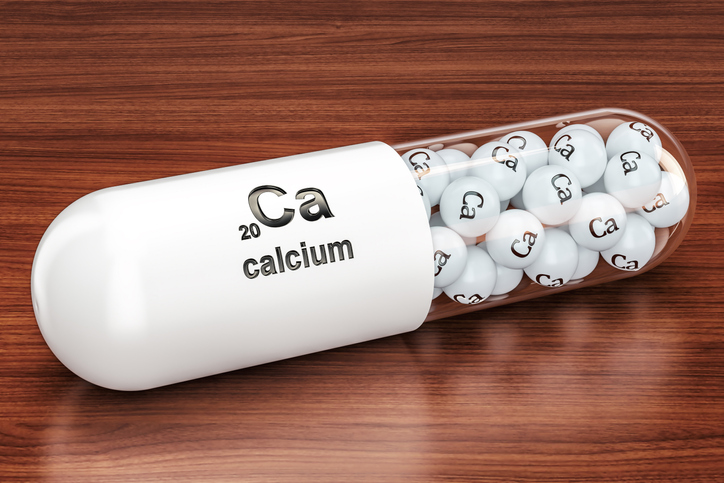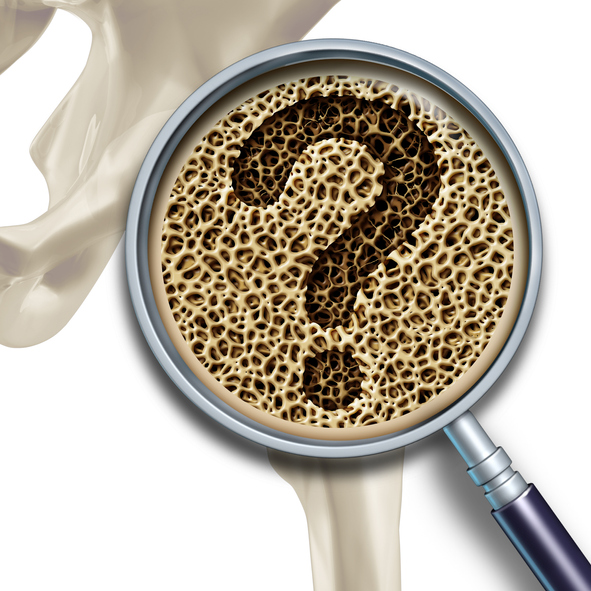Do You Really Need a Calcium Supplement?
Calcium is one of the most important minerals for the body, especially when it comes to our teeth and bones. It is also critical for nerve conduction, muscle movement, heart pumping, hormone secretion and clotting. Calcium supplements have been very popular for many years now; alone or in combinations with vitamin D, magnesium, and multivitamins. The recommended daily intake of calcium for adults is 1000mg/day, and the most common reason for low calcium is its lack in the diet. The fact is that 92 percent of women over the age of 71 and 85 percent of the men in the same age range have inadequate dietary calcium levels. Calcium deficiency does indeed result in bone density issues. Other signs of calcium deficiency are insomnia, low sex hormones, high blood pressure and autoimmune issues.
Other than inadequate diet, other reasons you could have low calcium are: SIBO, dysbiosis, Crohn’s disease, celiac, and high levels of phytates and oxalic acids in the diet. Incidently, SIBO, celiac, and dysbiosis are closely linked to poor oral health due to the fact that they are all associated with high amounts of processed carbohydrate consumption.
I am a firm believer that nutrients should be derived from food whenever possible. A few recent studies have shown no increase in bone density with supplementation, one showing a possible increas in fractures. There is also a 2012 study that showed a 139 percent increase in heart attacks in those who took calcium supplements and no increase with normal dietary sources of calcium. Other studies show increased risk of death, kidney stones and cancer. Many processed foods add calcium; foods like orange juice, bread and oatmeal are just a few. I always recommend staying away from processed foods, so don’t use them to add calcium to your diet. Also, processed foods contain phosphorus which binds to calcium and can cause lower levels.
The best foods to ensure adequate dietary calcium are almonds and seeds, canned bone-in fish like sardines, dark leafy greens, and lastly dairy (caveat: most individuals are lactose intolerant and it is not strictly paleo). If you just can’t get enough, then choose one made from whole bone. I like Free-Range Pasture-Fed Whole Bone Calcium from Traditional Foods Market. It delivers all of the elements present in healthy bone tissue, in their correct physiological ratios. It also contains naturally occurring collagen, growth factors, and a broad range of trace minerals found in bone.
The easiest way to know if you are consuming enough calcium is to use an app like Cronometer. I don’t think you need to use apps like this forever, but using it for a week at least to get an idea of what you are actually consuming is a breeze. You need to enter the foods and quantities you are eating. Then use the “trends” area and go to “nutrition report”. You will see calciium listed. That’s all there is to it!
Despite your best effort, if you suspect that you may have a calcium deficiency, normal blood calcium levels are NOT a good marker since almost all of our calcium is in our teeth and bones. Important blood test markers are the active form of vitamin D3 (1,25vitaminD) also called calcitrol, parathyroid hormone and phosphorus. Calcitrol raises in part due to low calcium. The lower the calcium, the higher calcitrol goes. Parathyroid hormone causes calcitrol formation, so in low calcium situations, parathyroid hormone is up. We mentioned earlier that phosphorus binds and removes calcium, so if it is high, calcium may be low as a consequence.
If you want to determine your calcium status, I recommend that you go to someone who is aware of the proper way to test and interpret the results. Generally, a functional medicine practitioner, or naturopath is the right choice. Not only will they understand the subtleties of determining your calcium status, they will also know how to deal with other issues that cause low calcium like SIBO and dysbiosis without overwhelming you with pharmaceuticals.
In Summary
Understand that calcium is very important for your health
you can track your calcium intake with the Cronometer app
blood tests are not accurate for determining calcium status
many factors can lower your calcium levels
calcium supplements are not a good idea unless it is whole bone



